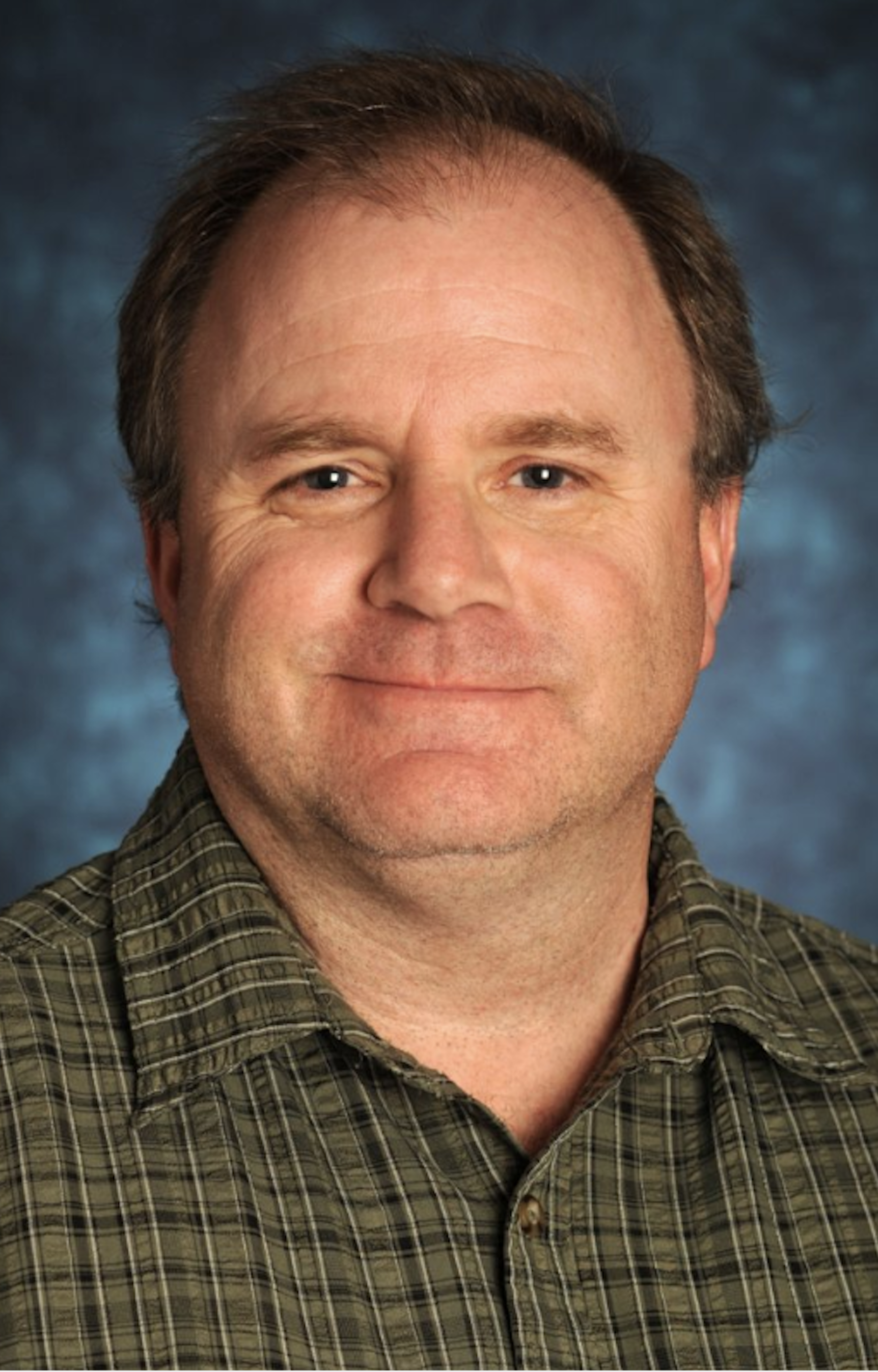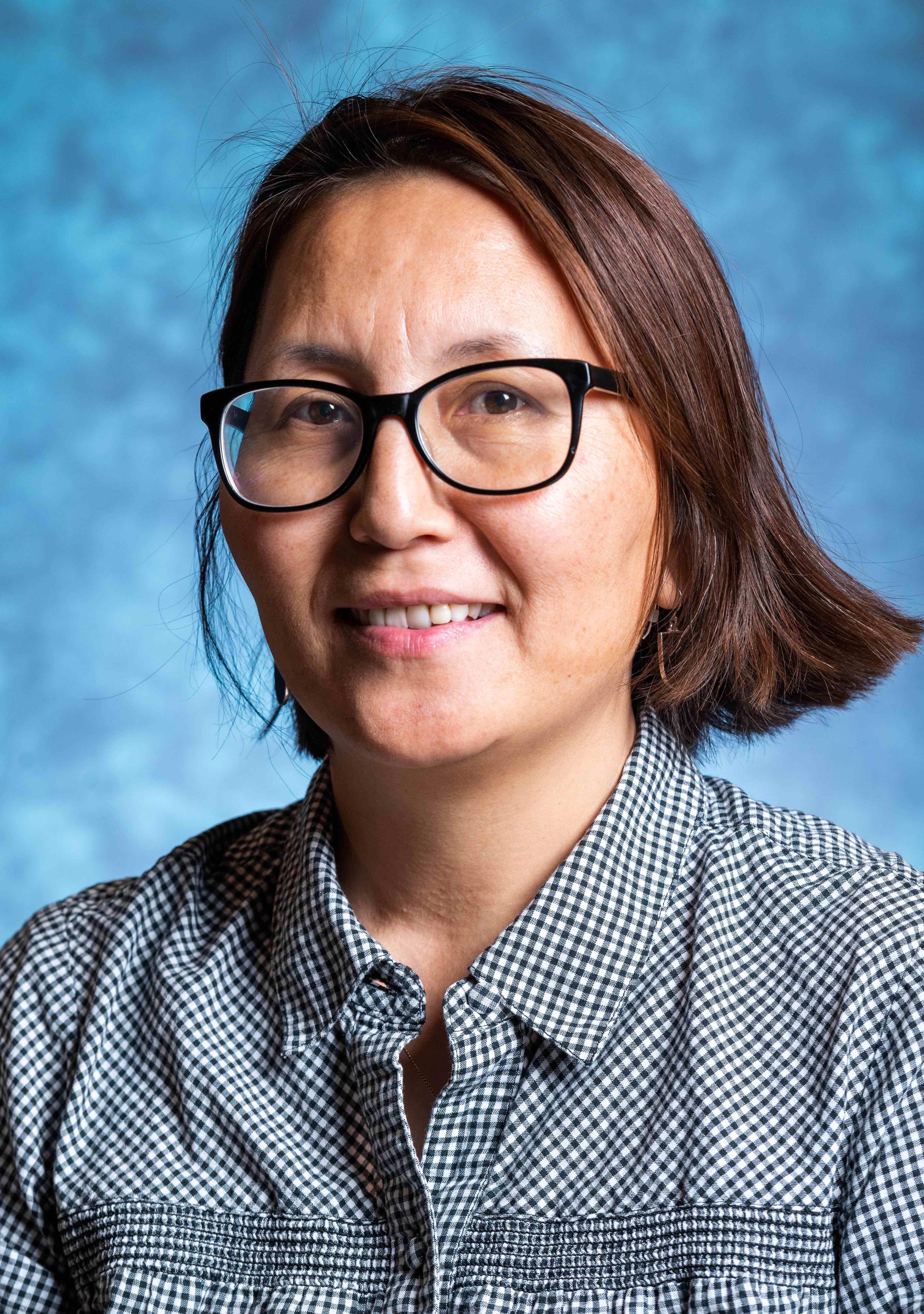

A team of researchers at New Mexico State University wrapped up sampling wastewater for COVID-19 on the campuses of NMSU and Doña Ana Community College last month after it began in 2020. The program was an interdisciplinary collaboration among the colleges of Arts and Sciences, Engineering and Agricultural, Consumer and Environmental Sciences.
“We started preliminary work with ACES in late October 2020, said James Murphy, associate dean in the College of Arts and Sciences, who lead the effort. “We continued at that level off and on through the following spring and we wanted to create a more systematic program of wastewater testing but we needed funding to do it. HEERF (Higher Education Emergency Relief Fund) grants allowed us to hire personnel and set up the lab and resources.”
HEERF was a federal emergency grant program, administered by the U.S. Department of Education as part of the American Rescue Plan Act of 2021. HEERF allocated funds to support individuals and businesses and organizations, including colleges and universities, affected by the pandemic.
NMSU’s lab started operations in a loaned space in the Arrowhead Center in the summer of 2021.
Rakhila Mamenova, a graduate of DACC’s water technology program with a bachelor’s degree in biology from NMSU, was hired as the SARS-CoV-2 Wastewater Testing Lab coordinator. She oversaw the testing program beginning in September 2021, testing wastewater in 9 locations across the two campuses.
“We tested consistently twice a week at certain times to maximize our results,” Mamenova said. “Our main job was to collect and purify the samples and send it be processed right away to detect the viral load, then we would send that data to Dr. Murphy and he would report to the COVID safety team.”
Jon Webster, special assistant to the NMSU vice chancellor who headed NMSU’s COVID response team, worked with the group.
“The work done by this research team exemplifies the research and creativity at NMSU while providing excellent hands-on training for our students,” Webster said. “I commend the wastewater research team for their dedication and hard work.”
Ryan Welsh, a student employee completing his degree in wastewater management at DACC, assisted Mamenova in day-to-day operations and continued once he graduated, along with a team of other student assistants.
A diverse faculty collaboration developed the testing protocols.
“The Lab was a cross-campus activity which benefited extensively from the expertise provided by faculty from both campuses during lab setup and continuing operations by Terry Mount, a professor in DACC’s water technology program, Yanyan Zhang, NMSU civil engineering professor, John Xu, NMSU biology professor, and Willis Fedio, a professor in the ACES food safety lab along with Ruben Zapata and Yatziri Presmont.”
Wastewater testing was only one of the tools in the COVID-19 toolkit, which included PCR-testing, symptom monitoring, self-check reporting and contact tracing to help NMSU leadership to act on changing conditions of the virus in the campus community.
“We saw fluctuations in the presence of the virus at different locations over nearly a year and a half,” Murphy said. “And much of that was consistent with the nasal sampling positivity rate. We were able to see the similarity in wastewater testing. What we were seeing was more confirmatory. It’s the nature of that kind of sampling.”
After 17 months, the funds for the COVID-19 wastewater program were expended and Mamenova and her team turned in the final report to NMSU leadership at the end of January.
“We utilized the reports to inform our decision making about COVID-19 and notify the appropriate staff when we saw potential issues,” said Ruth Johnston, Vice Chancellor/Chief Operating Officer and Chief Covid-19 Officer. Johnston shared thanks and congratulated the team on the success of their program and its contribution to the safety of the NMSU community.
“As an institution, we’ve learned we can do it,” said Murphy. “We know what equipment we need, the expertise we need, and we’ve demonstrated we have those attributes available. If for some reason we have to do this again in the future, I know we have the knowledge and ability to set it up again.”
